April 16, 2024
The unofficial history of passwords
World Password Day, celebrated annually on the first Thursday of May, reminds us to reflect on a humble yet crucial part of our digital lives: passwords. From their ancient roots to state-of-the-art applications, we'll look at passwords' origins, evolution, and role as invaluable security measures for your online information.
Halt! Who goes there?
Used throughout history as a key to give or deny access to spaces, information, social classes, and more, we've used passwords to keep what's important safe for a long, long time.
In the West, documented use of the password goes back to ancient Greece, circa 264-146 BCE, when historian Polybius wrote of the use of "watchwords" by armies of the Roman Empire. Inscribed on a wooden tablet, soldiers circulated watchwords to help them distinguish friend from foe.
Millennia later, during the D-Day invasion of Normandy, US paratroopers used 'challenge and response' passwords like 'flash and thunder,' adding another level to the simple but effective security tool to identify allies. They also implemented a tactic to help stave off their enemies by frequently changing passwords; a security measure that’s highly recommended to this day.
Then came the Computer Age
Fast-forward to the 1960s, when the Massachusetts Institute of Technology (MIT) was pivotal in shaping password history. Computer scientist Fernando Corbató developed the Compatible Time-Sharing System (CTSS), which allowed multiple users to share a computer's processing power. As more people accessed the computer, passwords became essential to protect individual files. With this simple step, Corbató introduced what would undeniably impact cybersecurity as we know it today.
"Shall we play a game?"
In the late 20th century, Hollywood brought computer passwords into the zeitgeist, where they became more than just tools for programmers; they were plot points in major blockbusters. In the 1983 movie, WarGames, Moviegoers saw Matthew Broderick as a high school hacker who breaks into a government war games simulation using a backdoor password "Joshua," one the program's creator thought was the safest of all passwords. In Mission: Impossible (1996), Ethan Hunt infiltrates the CIA headquarters terminal with the password "AW96B6." And who can forget The Matrix Reloaded (2003), where Trinity resets a power plant's password to "Z1ON0101"?
If the general public was unaware of the password’s significance as they relate to computers before watching these flicks, they had a good idea afterward.
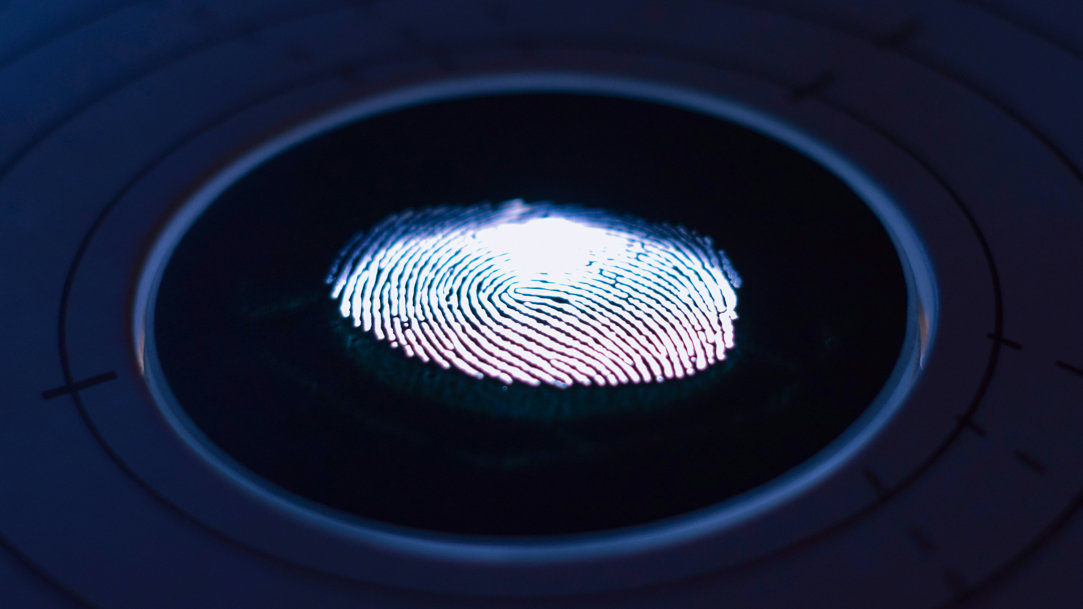
A new kind of password
As technology advanced into the twenty-first century, so did authentication methods. Let's explore some key milestones:
- Fingerprint Recognition: Biometrics entered the scene, allowing users to unlock devices with fingerprints.
- Facial Recognition: Available through Windows Hello, your face becomes your password, with systems analyzing facial features for authentication.
- Like Microsoft Entra, multi-factor authentication (MFA) combines multiple factors (passwords, biometrics, tokens) for enhanced security.
Safety beyond the password
Passwords are an incredibly effective way to help you stop bad actors from accessing your online information. Unfortunately, those bad actors can find other ways to understand what matters to you.
Microsoft has been at the forefront of security enhancements for decades, offering built-in protections in Microsoft Surface computers and subscription-based enhancements for Windows 11 to help you keep your and your family's data secure.
Celebrate security: Guard your digital kingdom
On this World Password Day, let's honor the legacy of passwords—those ancient watchwords, the CTSS pioneers, and the Hollywood hackers. Let's also look to modern security practices and innovations that will help you create and maintain a secure space for you online. Learn more about Microsoft Surface computers and how they can help you stay safe.
Products featured in this article
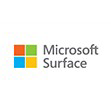
Microsoft Surface devices

Windows 11
More articles
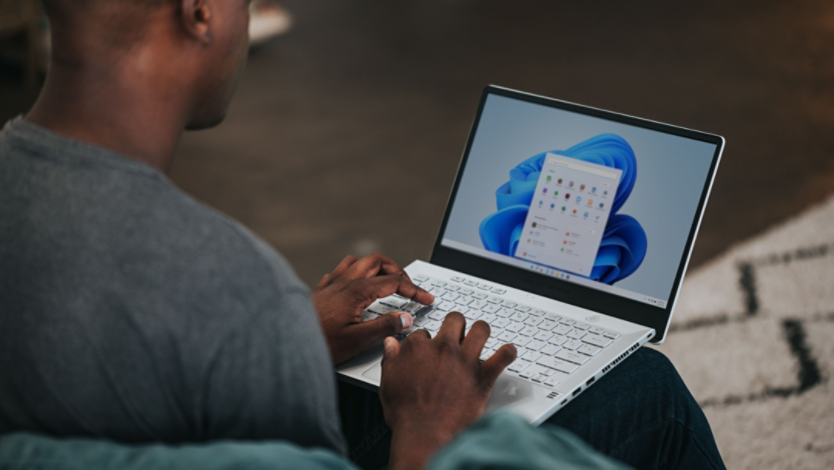
How to change your Surface device password
Protect your device with a strong password that can't be cracked.
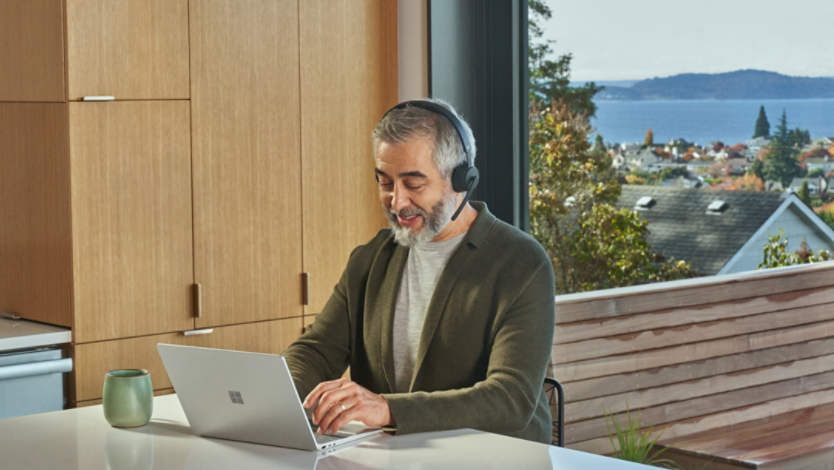
The top 5 Surface security features
Enhance your online security with preferences to fit your needs.
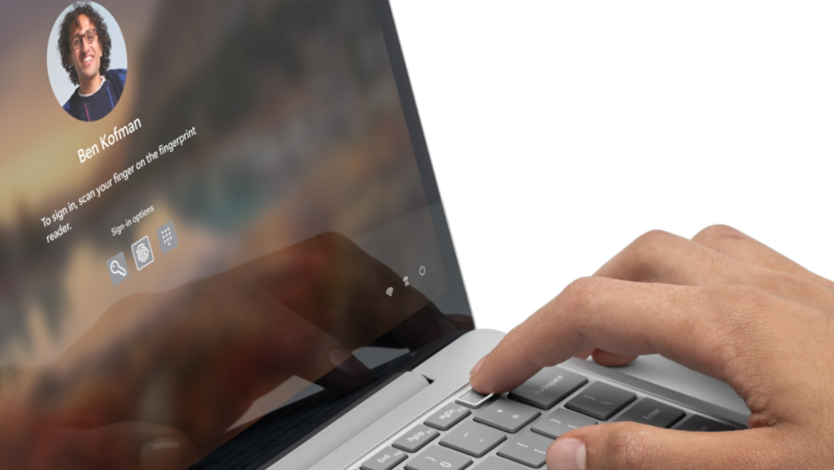
Alternative sign-in options for Microsoft Surface devices
Having more than one sign-in option adds layers of security to your 2-in-1 PC or laptop.
